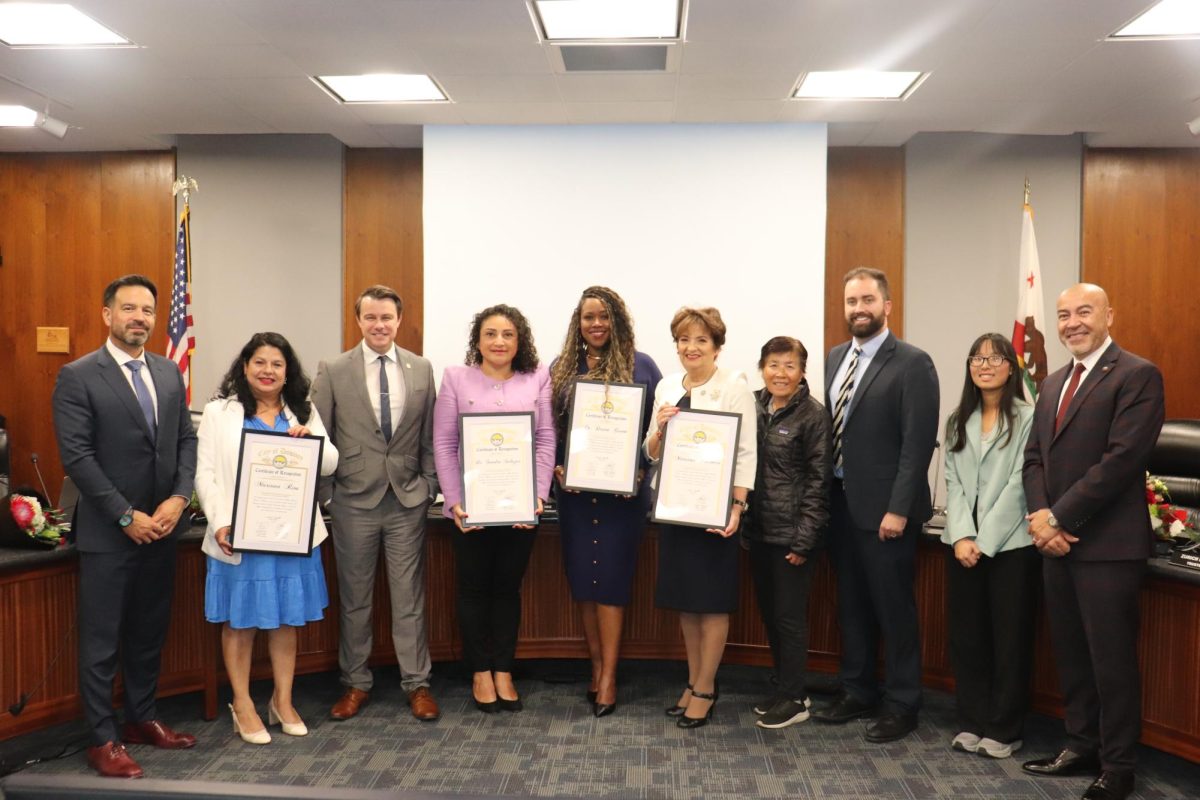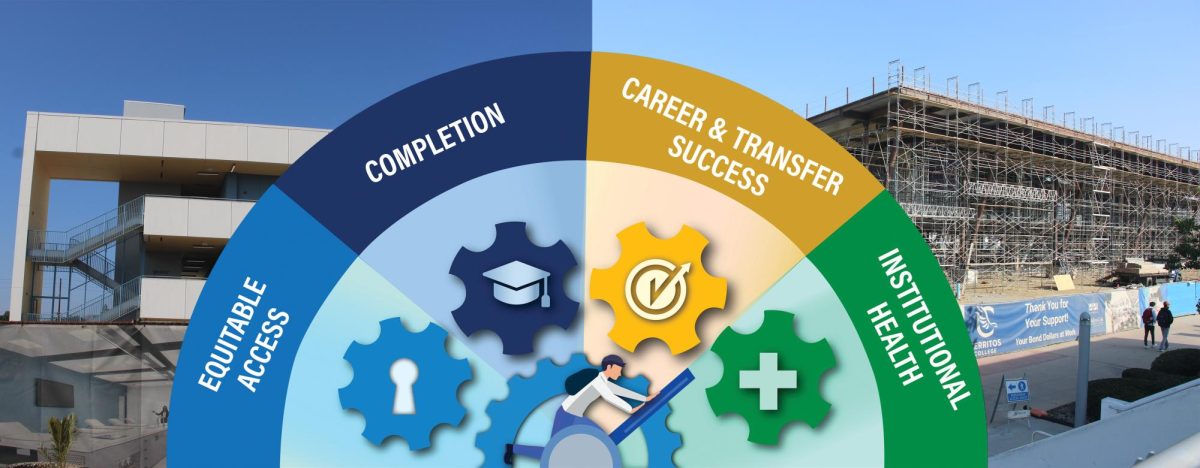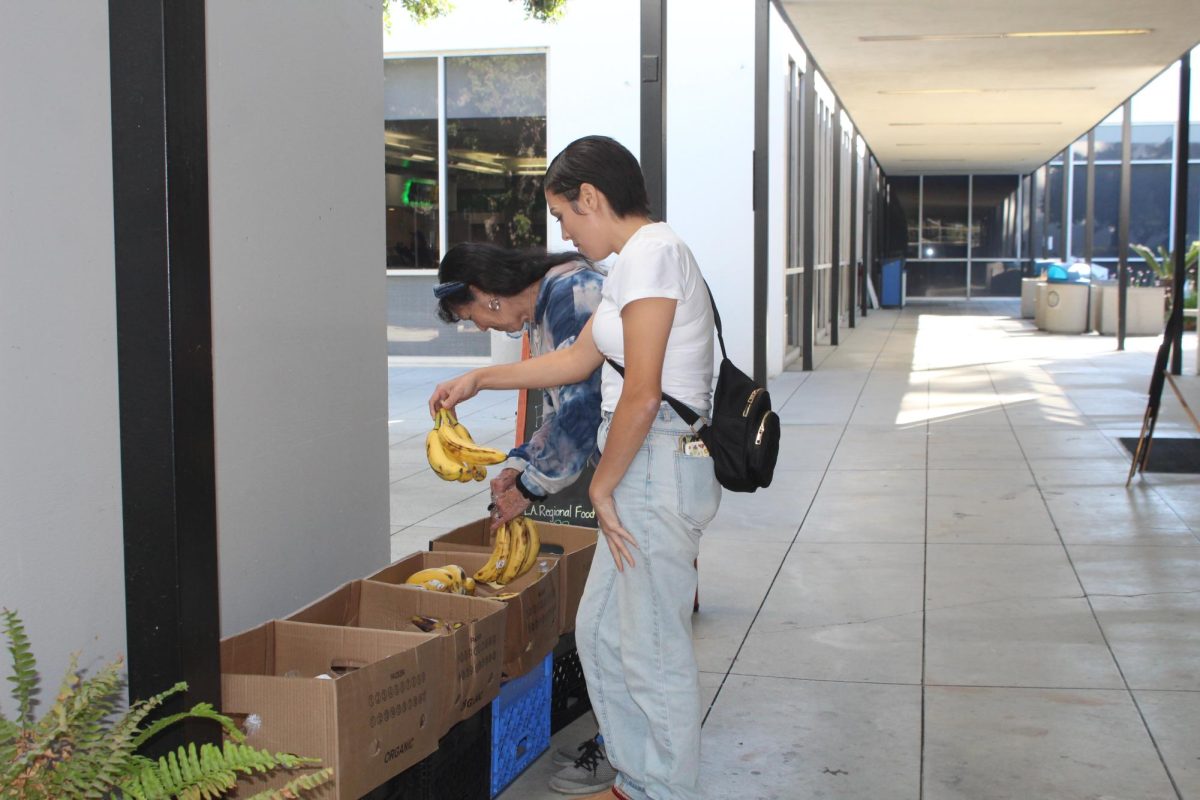Americans lined up early Tuesday morning to cast their votes for who they wanted to lead the country for the next four years. Lines are longer than usual this year due to the presidential race being a fight until the end.
There are 3, 901,106 registered voters in the LA County and a total of 16,557,273 in the state of California.
There were problems early Tuesday morning coming from some states. After the election in 2000 in Florida with the hanging chads controversy for the presidential race between President George W. Bush and Al Gore.
Florida was already having problems as of Tuesday morning. According to ABC news, in Volusia County, an optical scan ballot reader broke down at an early voting site but the ballots in question were “reread” into a new machine Tuesday morning under the watch of both parties. There was an estimated 13,000 votes that had to be reread through the new machine.
Other states were having issues with names not matching the registration books for voting. It has been reported that the activist group, MoveOn.org was too close to the polls and republican officials were upset in Iowa. The group was also found in Minnesota and New Hampshire being less than 100 feet from the polls.
As for California, these are the percentages of the measures and propositions that were key in the election as of 10 a.m. Wednesday.
Percentages were obtained from California Secretary of State Kevin Shelley, California General Election web site http://vote2004.ss.ca.gov/returns/prop/00.htm
Measure A-Passed with 59.64%
“Measure A,” the half-cent sales tax increase initiative, is meant to create a permanent source of public safety funding for all law enforcement agencies in the county.
“Measure A” allows for the net gain of 1,260 police officers and 128 civilian support personnel for the City of Los Angeles increasing sworn officers from 9,200, to a total of 10,460 officers.
Proposition 1A- Passed with 83.6%
-Protection of Local Government Revenues
Proposition 1A will amend the state constitution to prevent state government from taking property and sales tax from cities, counties, redevelopment agencies and special districts. State may borrow money twice in a 10-year period if the governor declares a fiscal necessity and two-thirds of the Legislature concurs. The loan must be repaid with interest before state borrows more money.
Proposition 65
-Local Government funds, revenues, state mandates. Initiative Constitutional Amendment.
Proposition 65 did not pass with 62.5% voting No. There was no argument made in favor of this measure. Though Governor Arnold Schwarzenegger, Democrats and Republicans wanted citizens to vote no on Proposition 65 because since Proposition 65 was submitted, there has been a new and better measure called Proposition 1A. These two props are similar yet Proposition 1A will prevent state raids on local governments funding. It offered a more flexible approach to protect funding for vital local services.
Proposition 66
-Limitations on “Three Strikes” Law. Sex Crimes. Punishment.
Proposition 66 did not pass with a 53.4% voting No. It would have amended the three strikes law to provide longer sentences only if the most recent crime is a violent or serious felony. It redefines violent and serious felonies. It also requires separate trials for each strike. It increases punishment for certain sex crimes against children.
The state will be required to resentence “third strikers” whose third strike was nonviolent and nonserious. In addition, prison sentences for specified sex offenses against children will be lengthened.
Proposition 67
Emergency Medical Services. Funding. Telephone Surcharge.Initiative Constitutional Amendment and Statute. Proposition 67 did not pass with 70.0% voting No. It would have provided funding to physicians for uncompensated emergency care, hospitals for emergency services, and community clinics for uncompensated care, emergency personnel training/equipment, and emergency telephone system improvements. It also would have funded an additional 3 percent to existing surcharge rate on telephone use with in California, portions of tobacco taxes, and criminal and traffic penalties. The expected number of telephone customers and accounting the cap of residential charges to the lines an estimate that will measure the raise about $500 million in addition to the revenues to the increase surcharge. The fee would have increased over the years within the state. It would come to about $500 million annually to the increased revenue already in place.It would have allowed the state to create a special tax. On telephone services bills to help fund the cost of emergency medical services. It would raise the cost of residential, commercial, and cellular phone bills.
Proposition 69 DNA Samples-Passed with 61.8%
-Collection. Database. Funding. Initiative Statute.
Requires collection of DNA samples from all felons, and from adults and juveniles arrested for or charged with specified crimes, and submission to state DNA database; and, in five years, from adults arrested for or charged with any felony. Authorizes local law enforcement laboratories to perform analyses for state database and maintain local database. Specifies procedures for confidentiality and removing samples from database. Imposes additional monetary penalty upon certain fines/forfeitures to fund program. Designates California Department of Justice to implement program, subject to available moneys: Authorizes $7,000,000 loan from Legislature for implementation.
Gov. Schwarzenegger backs this proposition, along with the state attorney general and LA county District attorney. Proposition 69 makes the following changes to the current law such as expanding DNA collection to include all convicted felons and some non felons, requires timely collection and analysis of samples (the swab sample would be an addition to the right thumbprint and full palm print impression of both hands required by current law.), provides additional funding and raises the existing criminal penalties to fund the proposed expansion of DNA collection. It also creates a new crime, the measure would make it a felony offense punishable by 2,3, or 4 years in prison for a person required to submit a sample or print to tamper (attempt to tamper) with a DNA sample, or thumb or palm print impression.
Proposition 70-Tribal Gaming Compacts
Exclusive Gaming Rights. Contributions to State. Initiative Constitutional Amendment and Statute.
Proposition 70 did not pass with 76.1% voting No. Grants exclusive tribal gaming rights; no limits on number of machines, facilities, types of games on Indian land.
Proposition 71-Passed with 59.1%
Stem Cell Research. Funding. Bonds. Initiative Constitutional Amendment and Statute.
Establishes “California Institute for Regenerative Medicine” to regulate stem cell research and provide funding, through grants and loans. It allows the state to sell $3 billion in general obligation bonds to establish a state institute for stem cell research that would provide funding for research and research facilities.
Prop 72 Health Care Coverage Requirements with 50.9% voting No.
Proposition 72 did not pass. This mean that there would be no change in health care for individuals and dependents that work for large and medium companies.
If passed, it would have provided individual and dependent health care coverage for employees, as specified, working for large and medium employers; Requires that employers pay at least 80 percent of coverage cost; maximum 20 percent employee contribution; Requires employers to pay for health coverage or pay fee to medical insurance board that purchases primarily private health coverage; Applies to employers with 200 or more employees beginning January 1, 2006; Applies to employers with 50 to 199 employees
beginning January 1, 2007. Applies to employers with 20 to 49 employees if tax credit enacted.
Proposition 72 would have helped to pay the cost of coverage for health care. Students that are employed by companies under these requirements the company would be paying up 80 percent with cost being only a maximum of 20 percent for the student. If you work in a company with more than 200 employees in the state than the employer is requires either paying for private health coverage or finding coverage for employees and dependents in other health insurance providers. If the company is smaller than 199 to 50 than the company is only responsible for the employees. Dependents are not included. If the company is 49 to 20 employees, the company only pays for employees, if a specified tax credit is enacted. Companies that have 19 or less employees there will be no requirement for health coverage.







